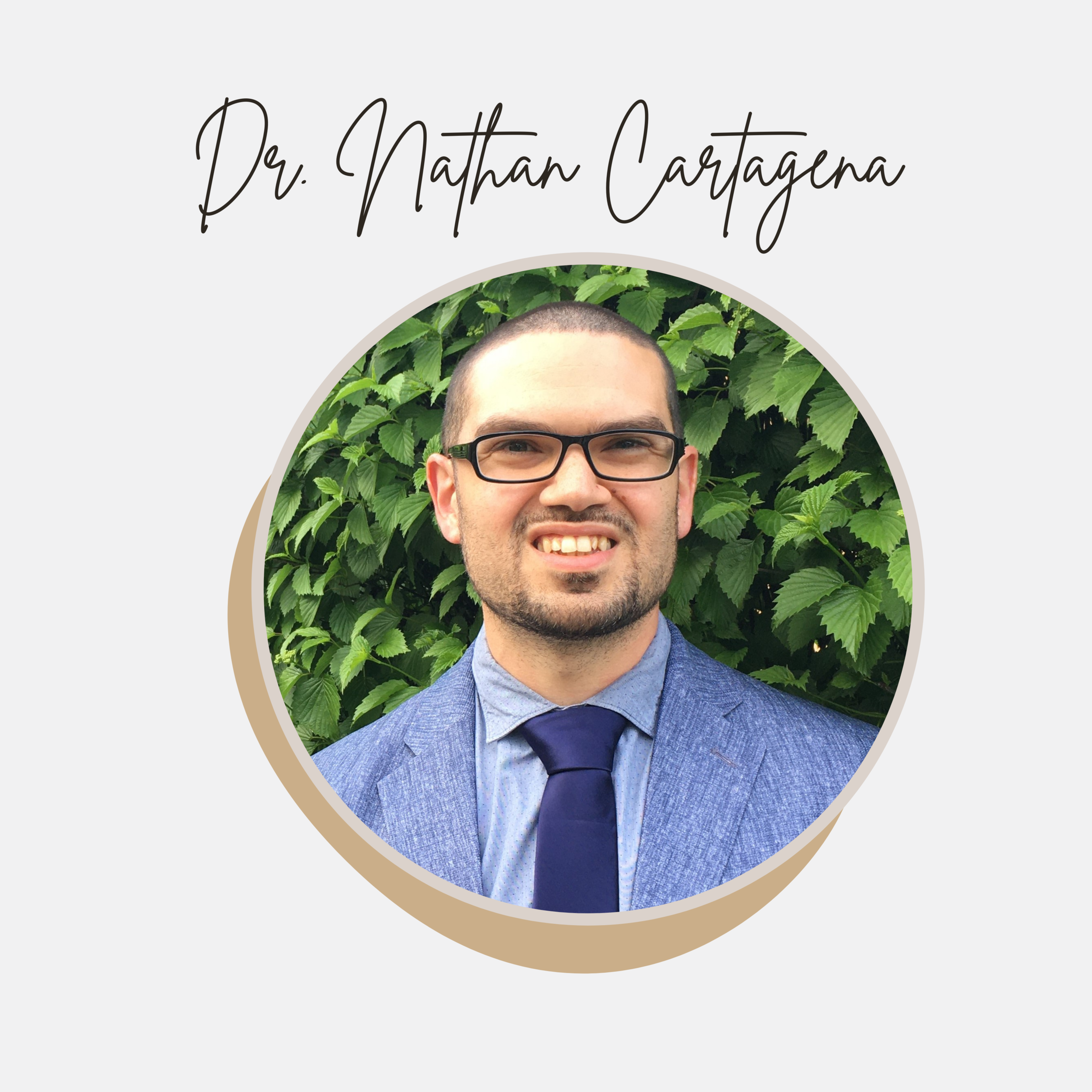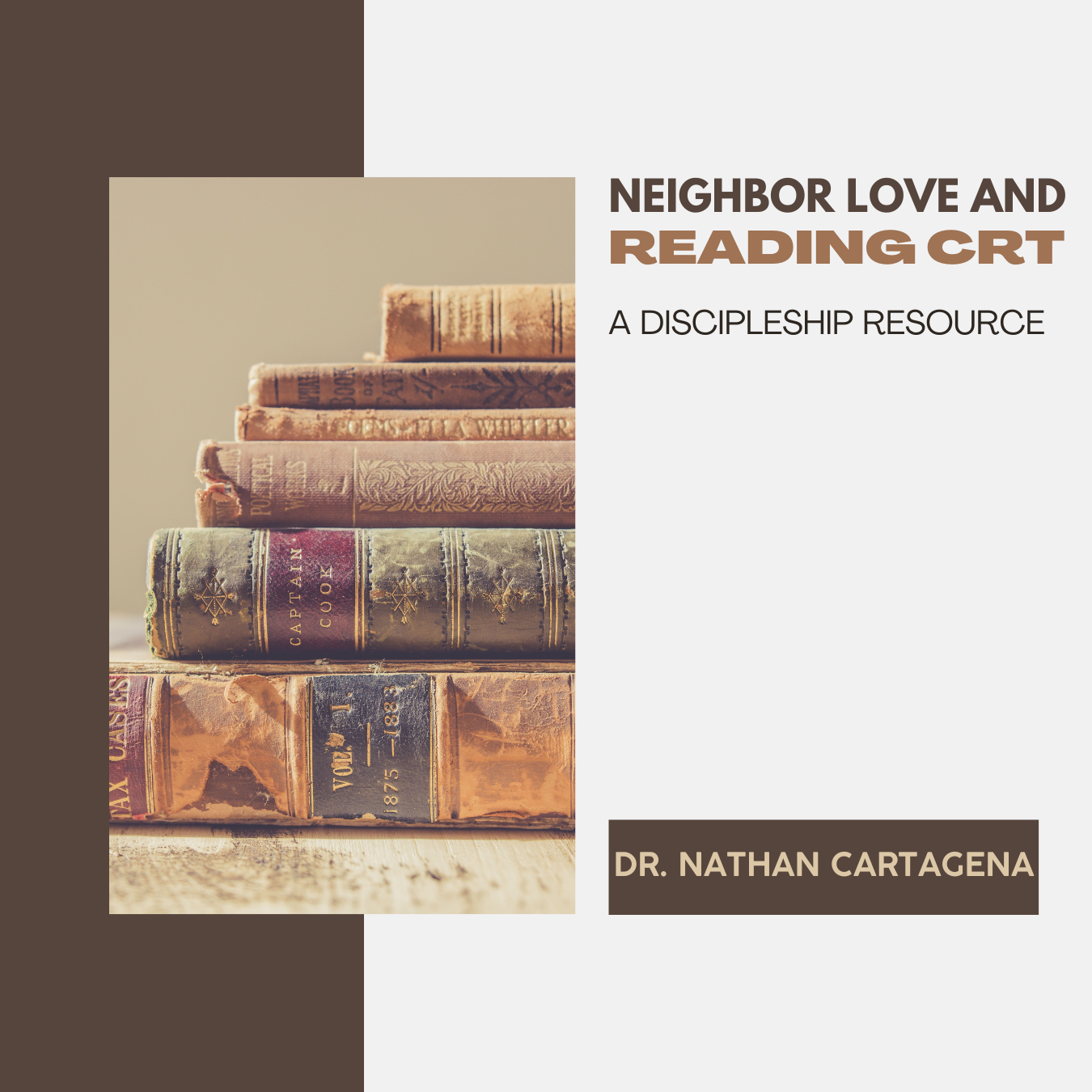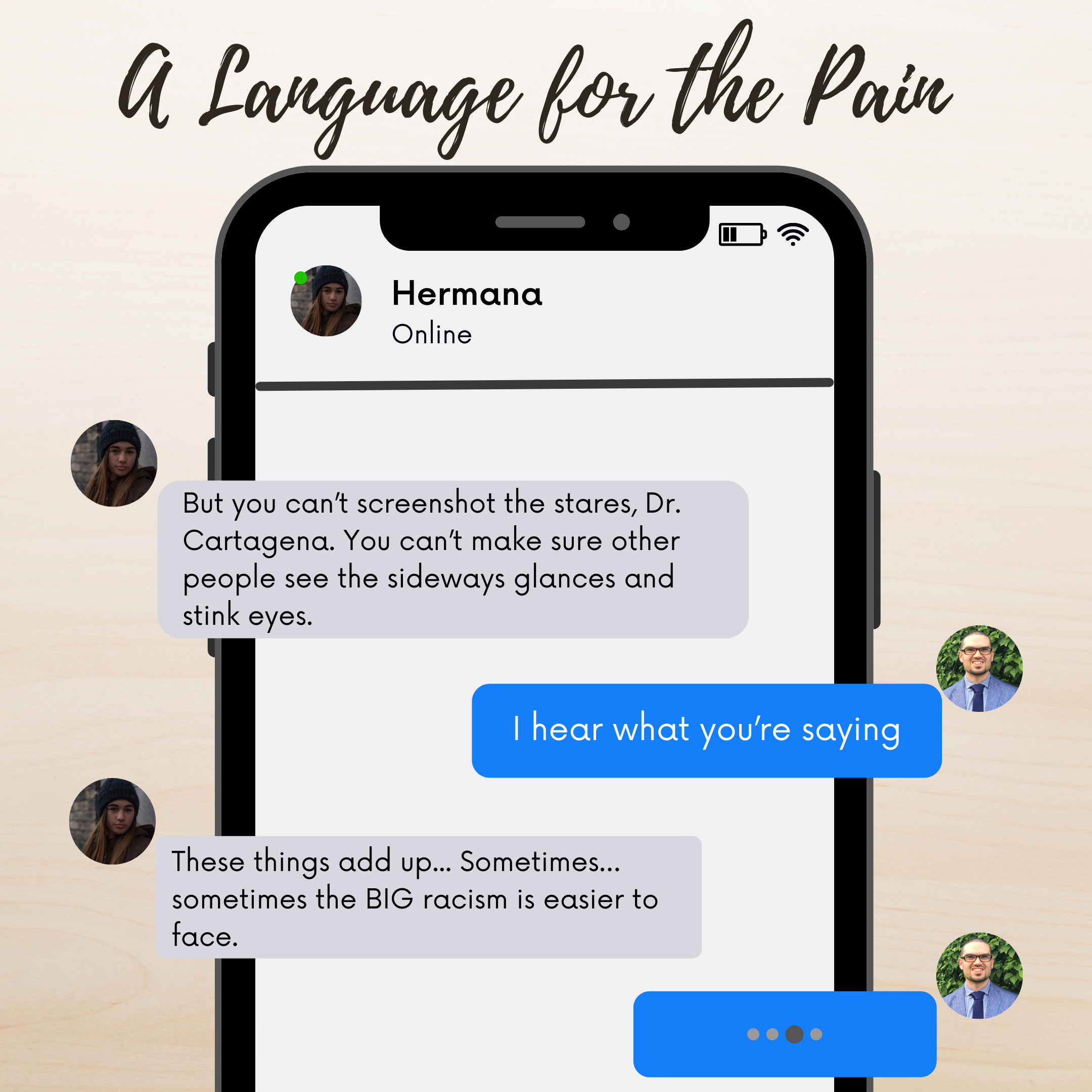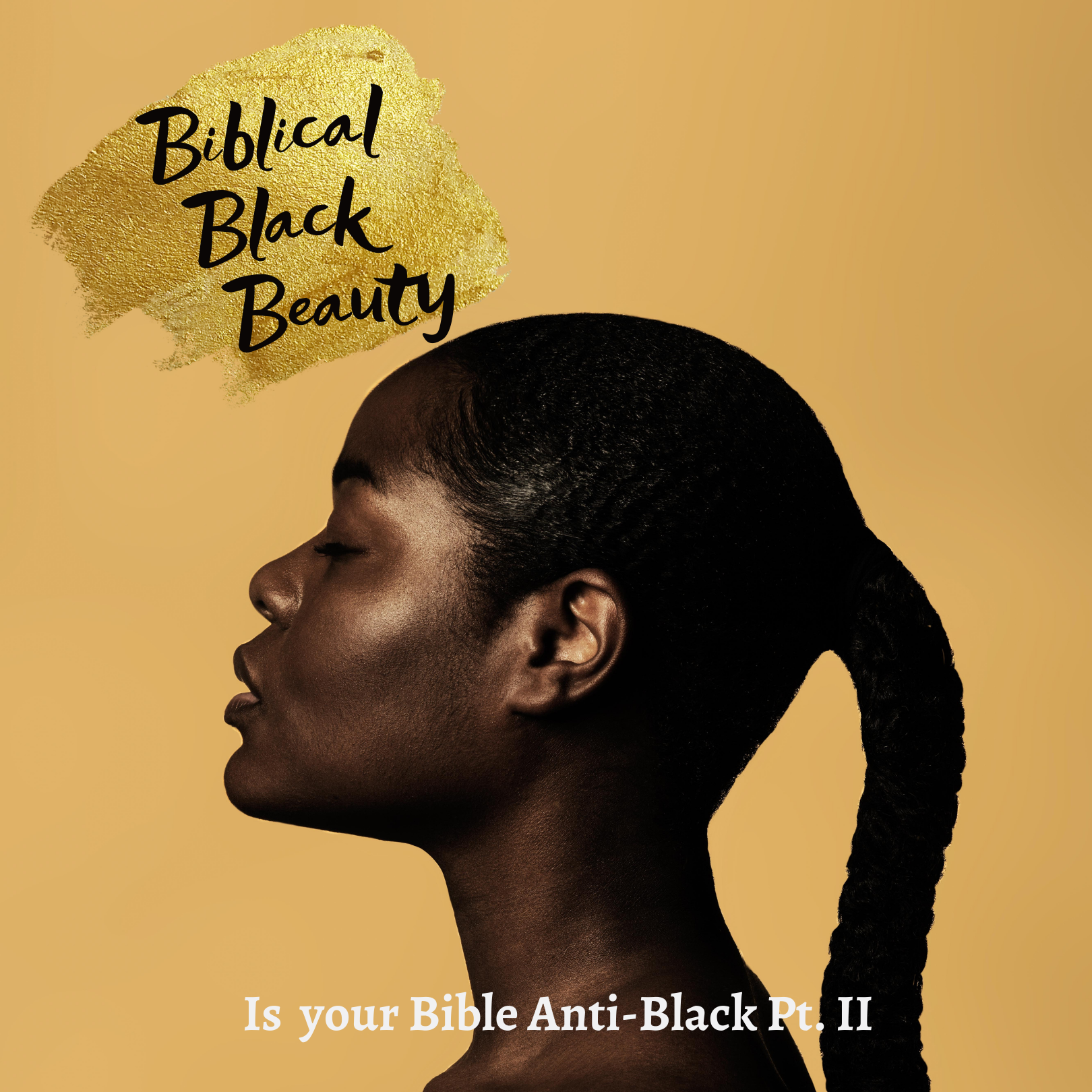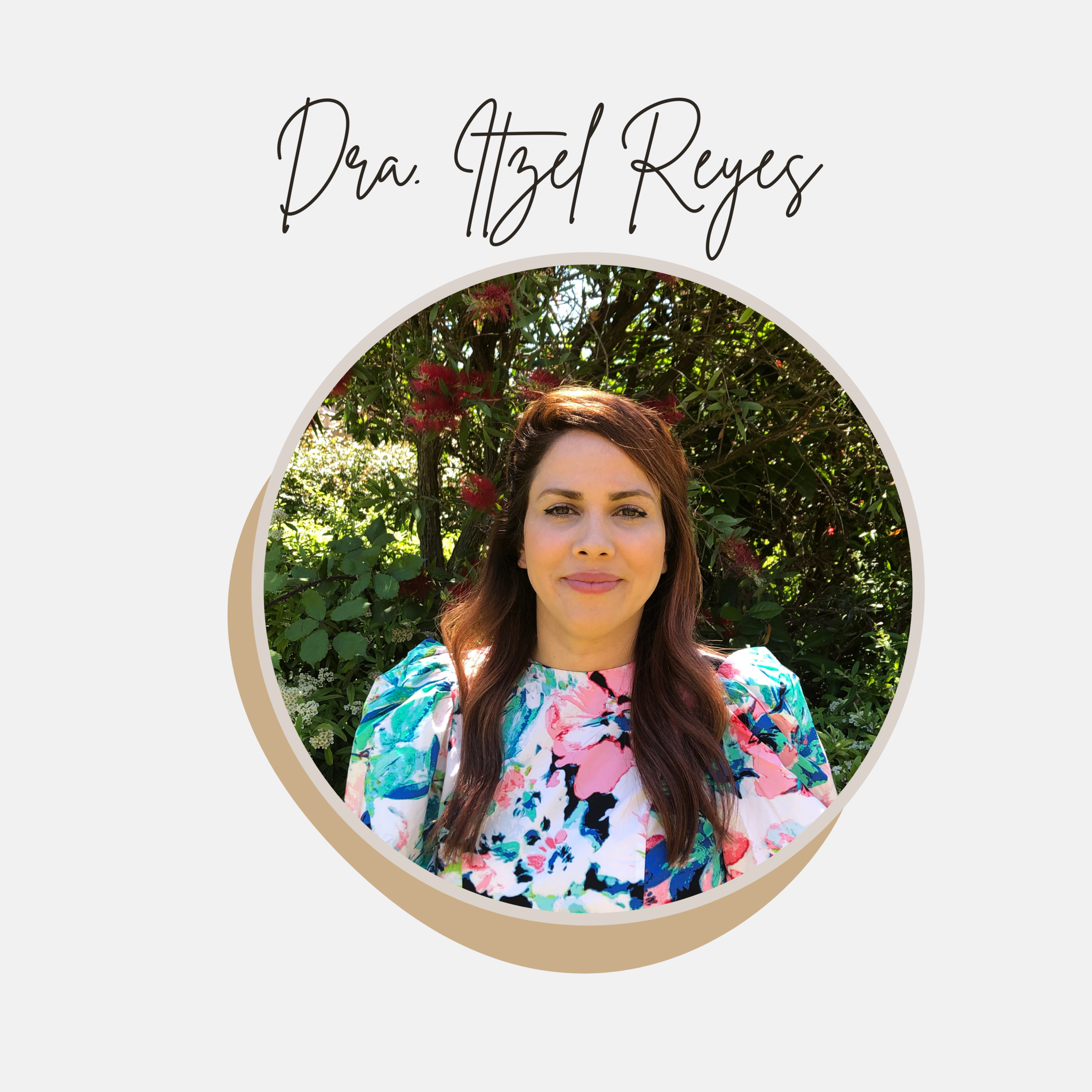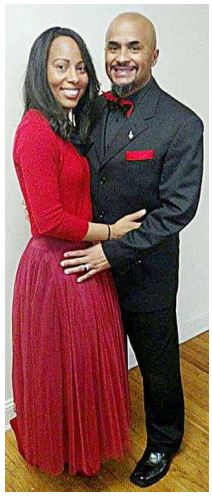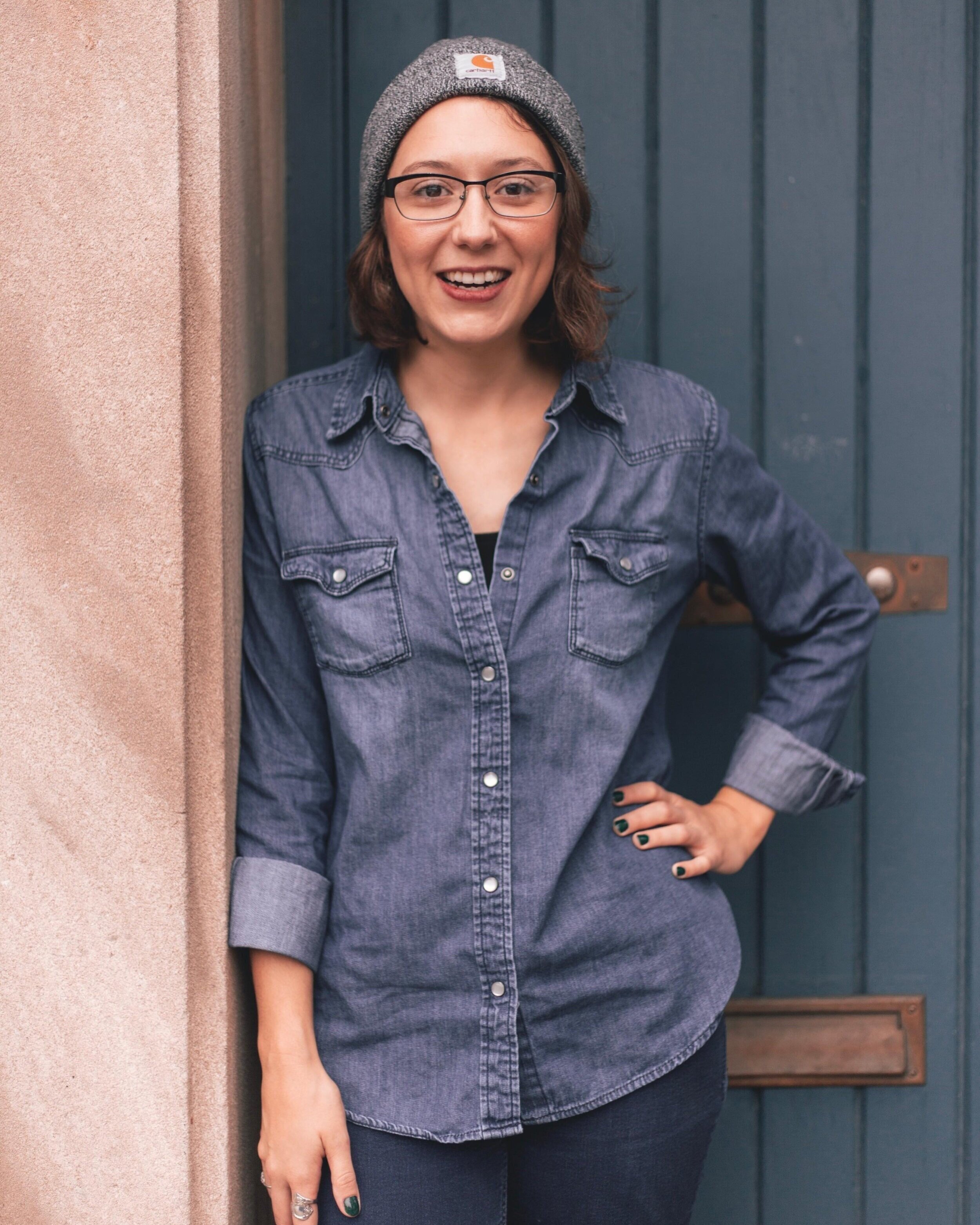Bienvenidos to The Feature, a podcast where we highlight individuals who are doing great work in the culture, bearing witness to the Kingdom, bringing about justice, or addressing a cultural change. In honor of Women’s History Month, we partnered with scholars Sito and Ina Esquilin to bring you the stories of two Latina ministry pioneers of the Hispanic church in the US. As second and third generation Latin@ church leaders, we need reminding of the rich heritage of faith and theology that was given to us by our abuelitas. To honor the legacy of these women, the following interviews are en Español. We hope that these stories will remind you to treasure the history of the brown church in the US.
Support the Mestizo Podcast by giving today.
English Translation
Introduction
Greetings, dear family! My name is Ina Esquilin. In this opportunity, I will be with my sister in the faith, Matilde Serrano. Who has become, lovingly, a grandmother figure to many in the fellowship of Assembly of God in Manhattan, of which I’m, currently, also a part. Our sister Matilde is an example worth following because, in spite of the adversities, she remains faithful to the Lord. In the 70s, after the death of her husband David Serrano, she moved to the big city, where she started a new phase of her life, as a single mother. Here, is where she helped her children grow, get an education, and become professionals. After her oldest son invited her to church, she gave her life to the Lord and that’s where the importance of this interview lies. From that moment on, the Lord has blessed her mightily. Four of her children became pastors of Assembly of God churches, while her other children help, not just the community in general, but mainly help the faith community by providing social services. Currently, our sister Serrano is a tremendous blessing because she shares her knowledge with humility and joy wherever she goes.
In times, such as the ones we are living in, with social distancing being our everyday norm now, it is refreshing to find a person who is always so willing to open her arms and, with everything she has in her heart, warmly embrace anyone she can reach.
Our sister, as a single mother, a Latina mother, a Christian mother, can show us it is possible to make a difference in this world, truly, passionately, and with longevity by believing in Christ.
Interview
I was born on September 5th, 1926, in the quaint small town known as Toa Alta in Puerto Rico.
We were a family of 7 siblings, 4 men and 3 women, of which only I remain alive; all my siblings went to be with the Lord.
I’m second to last among my siblings.
I grew up in a Christian environment but Catholic because my parents were Catholic.
I used to go to church, but I wasn’t really familiar with the Bible. In the Catholic church they didn’t teach much about the Word, but I always went to that church.
I realized that families went to church a lot; the fathers, the mothers, and all the children, they all went to church together. There was a lot of unity too, the neighbors always were willing to help, if one of them had something they would always share it with their neighbors. If anyone was sick, people would go to their house to help that person, if the lady of the house was sick, neighbors would go to her house and do the laundry, make the food, and clean her house for her. The environment was very nice, it was a community of unity and love.
My husband was a baseball player, he used to play with the double A class (AA). He was also a painter, carpenter, electrician, everything! He did it all! But one time he broke a foot and he couldn’t run anymore, because of this he couldn’t play baseball anymore. So then he focused on work, working as an electrician with my brother. He always said to me that maybe, some time, in the future, we were going to live, perhaps, in a better place; that God was going to give us a better life.
But for that moment, God was giving me everything I needed to live a quiet and content life. Living with my husband and my children, we were happy. He was a very good man, a very responsible father, and husband; he was good.
God gifted me 10 children.
All of my children were born there (in Puerto Rico). So once my husband died, my older children moved to the States to be able to help me. In 1970, they asked for me to be brought here with the rest of my children.
4 of my children are pastors. My son Luis was a pastor and chaplain for the New York police department — he went to be with the Lord. My son José, my son David and my son Ricardo are also pastors.
My son José is the pastor of the Jehova Jireh church, and my son David is the pastor of Tesalónica church, and my son Ricardo is the pastor of Tabernáculo de Gracia church. (13) I also have a granddaughter who is the pastor of a church in Florida.
When I and the rest of my children moved here, my son Luis already lived here and was married to his wife, Abigail. They both went to Macedonia church, and they brought all my other children and me, to that church. That’s where I found the Lord. At that time the pastors of that church were Reinaldo and Blanca Romero. They helped me so much in studying the Bible. They helped me so, so much! So that I would have a better life, because I was still a little sad since I was missing my husband so much. These pastors helped me understand that God was with me, that He was going to help me. They told me to be faithful to the Lord and that He was going to provide anything I could ever need, and that has been true in my life.
All of my children serve the Lord.
I believe they have seen me being faithful to God, as a testimony, how I’ve always been faithful to Him. I’ve taught them that the best way to live is being close to God, because He can help us! The same way he helped me when I became a widower, and He provided for me, and I never lacked anything. I always tell them that God is going to help them. They started going to church too, and little by little, they gave their lives to the Lord as well. Now they are all faithful to the Lord and serve him, all of them do.
I went to study in the Juan 3:16 Institute when sister Carmelia was the principal there.
My children were teachers in the institute too. My sons Luis and Ricardo were teachers at the institute. My son Jaime and my daughter Sonia also studied at the institute, and I also got to teach a class there. When I finished my 4th year, sister Carmelia allowed me to teach the Pauline epistles class. That’s what I was teaching for more than a year, after that I didn’t continue because I was taking care of my grandchildren, by then and I was also working here, in New York.
I worked for 10 years at a school; I was working as a teacher’s assistant.
Sister Carmelia always used to tell me: you have a gift, the gift of teaching! She always used to tell me that.
Well, what I always them is that they need to be faithful to the Lord. That’s my main advice to them, to always be faithful to God, to never stop being honorable and responsible. I tell them, “If God has given you a ministry, be responsible in that ministry God has given you!” And they truly are responsible. “Always go to church, teach your children in the ways of the Lord. Just like God has helped me, He is going to help each and every one of you too.” I tell all of them the same things, even the pastors. Because my son Luis and his wife, my son Ricardo and his wife, all of them are Christians, and all their families too. They all go to church with their children. Seeing them all, like a momma hen with their little chicks, that makes me so happy!
I am happy, but most of all thankful to the Lord. That’s the first thing for me. I thank God for everything He’s done with my family. Every day I tell Him: “Lord, my words are not enough to thank you for so many blessings you have given me and my family!” And my prayer is always, “Lord, cover each one of my children, my grandchildren, and my great-grandchildren with your protection!” I pray for each one of them every day. I keep on placing them in God’s hands. That is the happiness that has allowed me to live for so many years because my children make me happy. They buy for me everything I may need; they visit me, they are very good to me. I believe that is what has kept me alive all these years, their love for me.
I would like to see a change in this world. I would like to see people being better people, and more love and unity in this world. A lot of times I feel a little sad because I don’t know why people’s love has grown colder, like the Bible says it would. One of my goals is to reflect love in the lives of the people I know. Even in those that I don’t know, I just want to see that— more love in this world, more unity.
I’m constantly praying, not just for my family, I pray for the whole world. I always tell God, “Lord, rebuke this pandemic, rebuke it in the whole world!” I know that there has been a lot of sadness and so much death. That’s why I’ve been asking God, I always pray, at all times of the day, and that’s what I ask God now, for this pandemic to disappear.
I would tell them to draw closer to God, to walk away from those things that can harm them. There’s a saying that goes “whoever leans on a good tree would be covered by a good shade” That’s the saying that my dad taught me when I was little. What I’m saying is that you should look for people that will help you, instead of people who will harm you. One should always follow the path of goodness and not the bad path. If we take the wrong path we will stray. If we follow the right path, we’ll see that God will help us, that God is there! God is always waiting for us to talk to Him, to ask Him for anything. Because He always gives us everything we want as long as it’s something beneficial for us.
I always say that we should draw near God and seek him more, walking away from things that can damage us.
Always look for places that won’t harm us and people who will help us. Anyone who is feeling depressed or sad, look for someone who can help you. A pastor, or a mentor, an older person, a relative, someone who can help, but seek that help. Nowadays, people who don’t see help end up doing whatever they think is best, but it’s always better to find help.
The first thing I do if I have a problem, whatever it might be, is to seek God. That’s the first thing I do, ask “Lord, tell me what I should do, how should I do it, and when should I do it. Help me, Lord! Because I can’t do it on my own.” You know, every time I’ve had a problem, like you said, or when I’ve felt sad, or whatever, I run to God, and I see that the answer is there. There, at that moment, when I seek God, it is like a little green light turns on in my mind and shinning light on me and telling me what I have to do. That always happens to me.
I tell my children the same, sometimes they come to me, and they tell me, “Mom, look, this thing happened, what do you think I should do?” I answer, “Well, first we must seek God!” and I start thinking, and I say, “Wait! Do this thing!” Like in that moment, God tells me what I have to tell them they should do. God puts the answer in my mind, I’ve come to notice that, so God tells me, and I tell them what they should do. That is why I feel so thankful to God.
For example, I have lost tings, like my glasses, or money or something, and I can’t find it, and I go, “Oh my God! I lost this thing!” “Lord, I don’t know where it is, but You do! Please, Holy Father, tell me where the thing is, guide me!” and I start thinking for a while, and all of a sudden, it comes to my mind! Like God telling me, “look in this place,” and I go there and there it is, what I’ve been looking for! “Thank you, Lord, Thank you! Thank you!” that’s all I can say to Him.
I’m trusting, oh Lord, in You. I remember when my son was sick, I kept saying, “I’m trusting in You, Lord!” because we have to trust in Him.
That one (hymn) that says, “You are faithful, Lord, so faithful to me”? That one, right?
“Even though I’m weak, I am trusting, oh Lord, in you!” My whole life I’ve trusted God.
I want to tell you something before you go, you know which one is my favorite Bible verse? It’s Psalm 37:25 “I have been young and now I’m old, yet I have not seen the righteous forsaken or his children begging for bread.”


